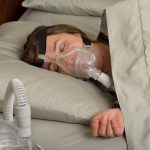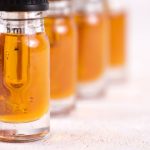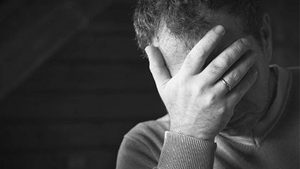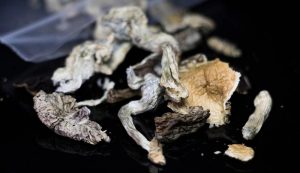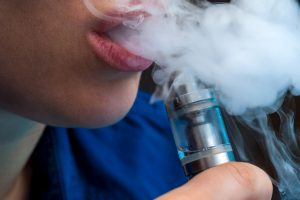
Researchers have discovered that two drugs might be better than one for women who have advanced endometrial cancer. Combining chemotherapy and immunotherapy or a monoclonal antibody at the same time helped these patients live longer without their cancer progressing, especially those who had a specific type of endometrial cancer known as a mismatch repair-deficient tumor. “We found a profound improvement,” Dr. Carol Aghajanian, a medical oncologist specializing in gynecologic cancers at Memorial Sloan Kettering Cancer Center in New York City, who was senior study author on one of the reports, told NBC News. The findings from the two studies were published March 27 in the New England Journal of Medicine and simultaneously presented at the annual meeting of the Society of Gynecologic Oncology in Tampa, Fla. “This is going to drastically change the conversation” with patients — “probably as of tomorrow,” Dr. David O’Malley, a gynecologic oncologist with The Ohio State University Comprehensive Cancer Center, told NBC News. Chemotherapy is typically used to treat women with this cancer, and immunotherapy is only approved as a second-line treatment. But in one study, researchers led by Aghajanian found that adding the immunotherapy drug pembrolizumab (Keytruda) to a standard chemotherapy regimen of carboplatin and paclitaxel cut the risk of disease progression or death in patients by up to 70%. The improvement was an average of 13.1 months before… read on > read on >
















